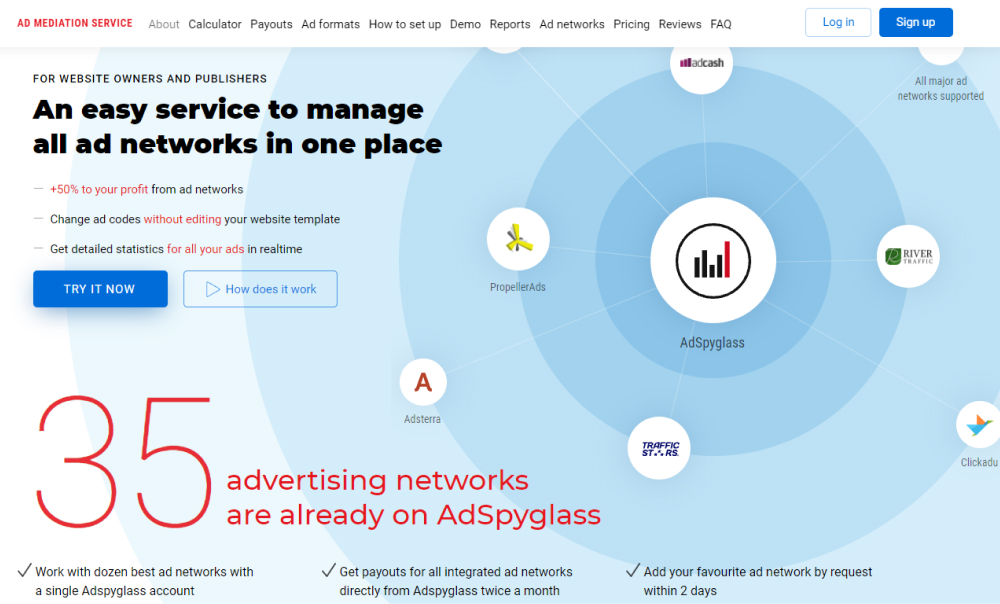A backlink is a link from one website to another. This type of link is different from an internal link, where a website links to itself.
Backlinks are an important part of SEO and traffic flow. Search engines consider the page authoritative, if other websites link to it, and push it higher up in the search results. Not only search engines but users as well tend to follow the backlink if it is embedded in the initial article well, thus generating more traffic to your website.
You can get backlinks by:
- writing guest posts
- creating infographics, statistics, guides. These formats get the most backlinks
- asking influencers for a backlink
- posting backlinks on your social media while announcing new content
- interviewing influencers and asking them to backlink you while announcing it
The best advice for getting backlinks is to create the most informational and fresh content. In that way, you will not have to ask for backlinks. Websites will decide to backlink to you on their own.
However, not every backlink is good. Some of them may do more harm than good to your SEO and brand image. You can even get de-indexed if you get too many of those. Low-quality backlinks include links from:
- irrelevant pages
- websites with inappropriate content
- unsecured websites
- content with irrelevant anchor text
Therefore, web admins are trying to ask for high-quality links only. They also monitor all their backlinks and add a no-follow tag to the backlinks that were posted by low-quality or spammy websites.
